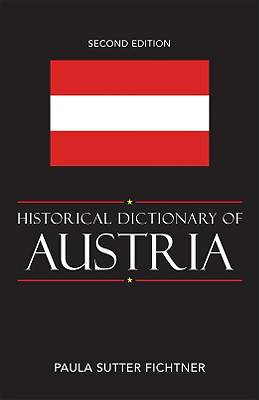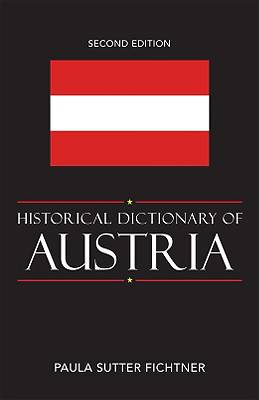
- Retrait gratuit dans votre magasin Club
- 7.000.000 titres dans notre catalogue
- Payer en toute sécurité
- Toujours un magasin près de chez vous
- Retrait gratuit dans votre magasin Club
- 7.000.0000 titres dans notre catalogue
- Payer en toute sécurité
- Toujours un magasin près de chez vous
Description
Austrians today often seem to believe that they have two histories. One is their republican present; the other, the centuries that their forebears spent as part of the multi-ethnic Habsburg Empire. Contemporary Austria is a fixture among Europe's democracies. Yet, it did not achieve this state easily: World War I, the unification with Germany in 1938, and World War II were catastrophes for Austria. In 1995, it became part of the European Union, and its government, culture, and egalitarian economy are far cries from the monarchical and highly stratified society of the old Empire. The second edition of the Historical Dictionary of Austria has been thoroughly updated and greatly expanded. Through its chronology, introductory essay, appendix, bibliography, and hundreds of cross-referenced dictionary entries, greater attention has been given to foreign affairs, economic institutions and policies, social issues, religion, and politics.
Spécifications
Parties prenantes
- Auteur(s) :
- Editeur:
Contenu
- Nombre de pages :
- 504
- Langue:
- Anglais
- Collection :
- Tome:
- n° 70
Caractéristiques
- EAN:
- 9780810855922
- Date de parution :
- 11-06-09
- Format:
- Livre relié
- Format numérique:
- Genaaid
- Dimensions :
- 153 mm x 228 mm
- Poids :
- 827 g

Les avis
Nous publions uniquement les avis qui respectent les conditions requises. Consultez nos conditions pour les avis.






